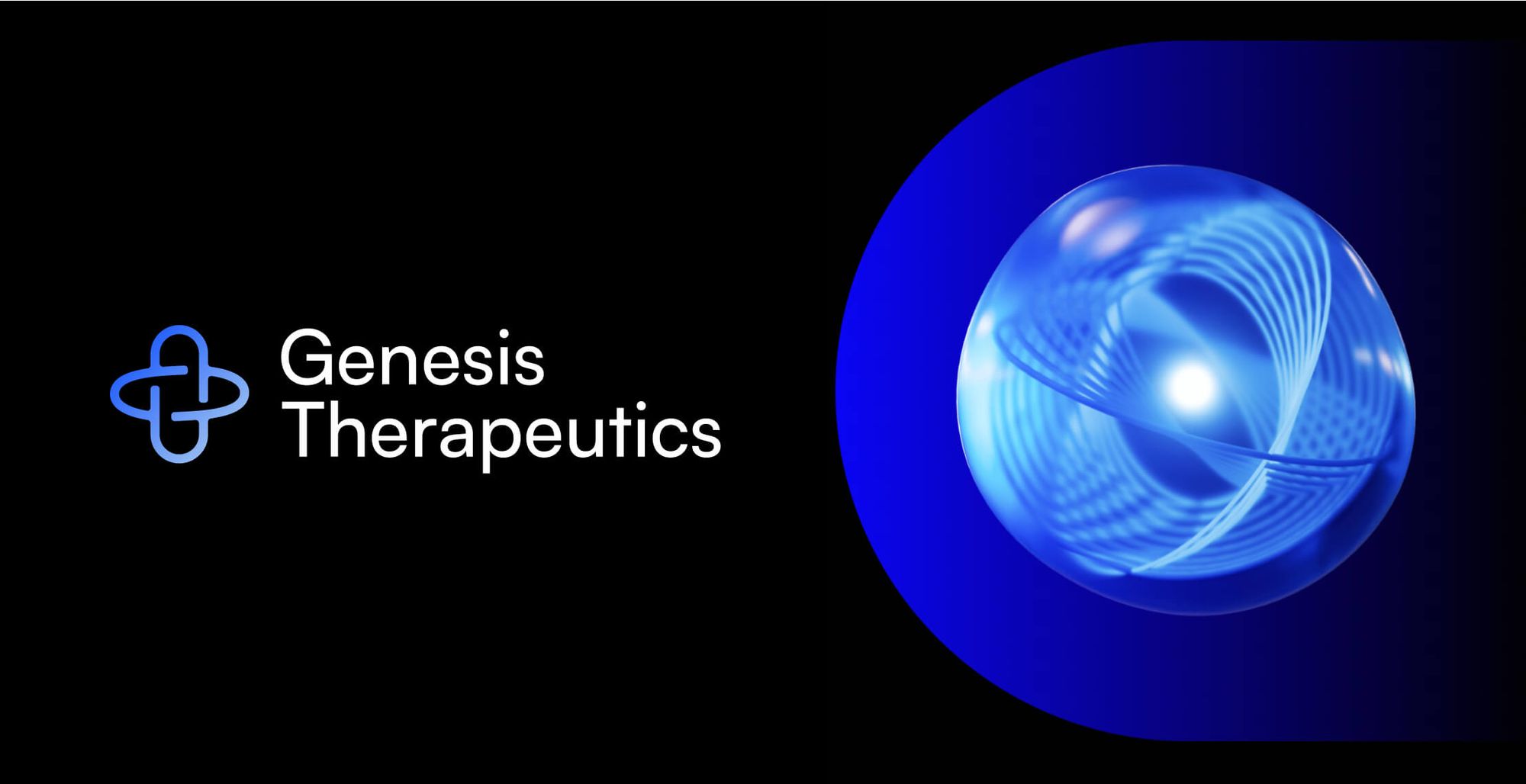Genesis Therapeutics secures $200 million funding for clinical trials of AI-designed drugs
The company, which originated from Stanford University in 2019, has been focused on creating a deep learning platform called GEMS. The platform is designed to aid in the development of small-molecule drug compounds and predict their interactions with the human body. GEMS can make drug development faster and more efficient by modeling how these compounds can bind with flexible or slippery proteins.

This company’s latest series B fundraising has raised nine figures, which is a significant increase from its previous fundraising of $52 million in series A held in December 2020. The last round was led by Rock Springs Capital and supported by T. Rowe Price Associates, Menlo Ventures, Radical Ventures, and Andreessen Horowitz, who had previously backed the company’s early seed funding.
The latest appeal from Genesis saw all of its previous backers return, alongside a16z Bio + Health and an unnamed U.S.-based life-sciences-focused investor who took up co-leadership positions. New backers, including Fidelity Management & Research Company, BlackRock, and NVentures, the VC arm of Nvidia, also contributed to the funding. In addition, Genesis disclosed that it had raised about $24 million in SAFE notes, similar to convertible notes, from a previous round led by Radical Ventures. These notes were converted alongside the closing of the oversubscribed series B.
Genesis has recently raised funds to support its clinical testing stage and expand its drug discovery efforts into various areas. The company owns a pipeline of AI-enabled programs that will aid drug discovery, targeting biologically well-validated but undruggable diseases. Genesis CEO Evan Feinberg stated that AI provides an opportunity to revolutionize drug discovery as it can overcome the challenges of highly challenging chemistry.
The origins of Genesis can be traced back to the lab led by Professor Vijay Pande at Stanford. Their research focused on applying machine learning-powered simulations in chemistry, biology, and medicine. Pande, a co-inventor of some of Genesis’s deep learning technology, has been a founding general partner at a16z Bio + Health. He believes combining technology and biomedicine has tremendous potential and is thrilled to be at the forefront of this exciting intersection.
Genesis’ GEMS platform has been designed to create new molecules and estimate their properties like effectiveness, specificity, pharmacokinetics, and potential toxicity. The company, which is based in Burlingame, California, has also stated that it can target challenging and previously “undruggable” protein targets by conducting chemical synthesis and iterative experiments in its San Diego laboratory.
Genesis had previously signed a discovery agreement with Genentech and later entered into a partnership with Eli Lilly that could be worth up to $690 million by May 2022. The project stipulated an upfront payment of $20 million, with the rest contingent upon Genesis meeting milestones for up to five targets in various therapeutic areas.